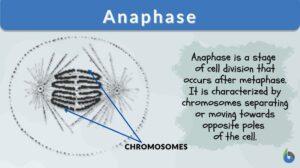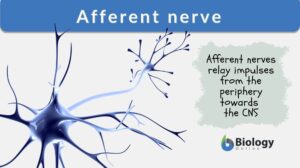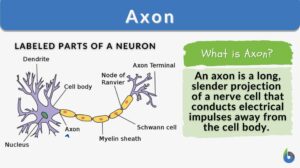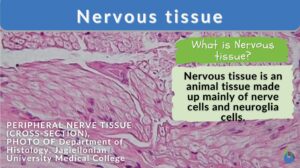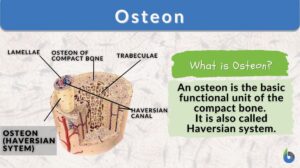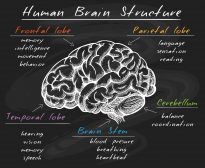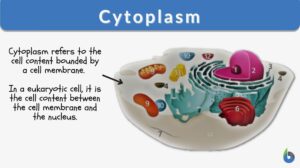Search Results for: motor
Motor neuron
Definition noun, plural: motor neurons A type of neuron connected to a muscle fiber and originates from the central nervous... Read More
Motor point
Definition noun, plural: motor points The most electrically excitable area of the muscle wherein a minimum amount of... Read More
Control of Body Movement
Motor Control Hierarchy A motor program is the pattern of neural activities required to perform a movement is created and... Read More
Actions of Caffeine in the Brain with Special Reference to Factors That Contribute to Its Widespread Use
IV. Actions of Caffeine on Brain Functions and Behavior Having discussed the molecular and neuronal actions of caffeine,... Read More
Muscular system
Muscular System Definition What is the muscular system? The muscular system is a system that includes muscle cells and... Read More
Afferent Nerve
Afferent Nerve Definition The word ‘aferent’ means "steering or conducting something towards a destination". The... Read More
Interneuron
Definition noun, plural: interneurons (1) Any local circuit neuron of the central nervous system that relays impulses... Read More
Bell-Magendie law
Definition noun The principle referring to the separation of sensory and motor neurons of the spinal cord, where the... Read More
Efferent neuron
Definition noun, plural: efferent neurons A neuron with an axon that carries nerve impulses peripherally, and innervates... Read More
Efferent nerve
Definition noun, plural: efferent nerves The type of nerve that carries nerve impulses away from the central nervous system... Read More
Cytokinesis
The cell cycle of eukaryotes is a cyclical series of biological events that certain asexual cells go through. The cell cycle... Read More
Nervous tissue
Nervous Tissue Definition Nerve cells (or neurons) and their associated cells, such as neuroglia cells, make up nervous... Read More
Nervous System
THE is the most complicated and highly organized of the various systems which make up the human body. It is the... Read More
Portio minor nervi trigemini
portio minor nervi trigemini --> motor root of trigeminal nerve (Science: anatomy, nerve) The smaller root of the... Read More
Kidneys and Regulation of Water and Inorganic Ions
Renal Functions Kidneys remove/add substances from/to the plasma. Regulate water concentration, inorganic ion... Read More
Reflex arc
Definition noun, plural: reflex arcs A neural pathway that controls reflex reactions Supplement In physiology, a reflex... Read More
Peristalsis
What is Peristalsis? Peristalsis is the series of involuntary, wave-like muscle movements in the cylindrical, hollow tube... Read More
Radix ventralis
radix ventralis --> ventral root The motor root of a spinal nerve. Synonym: radix anterior, radix motoria, anterior root,... Read More
Neural Control Mechanisms
Nerve cells called neurons generate electric signals that pass from one end of the cell to another and release chemical... Read More
The Conscious & Unconscious Nervous System
The Central Nervous System is arguably the most important part of the body because of the way it controls the biological... Read More
Antecubital fossa
Antecubital Fossa Definition The antecubital fossa or the cubital fossa is the triangular-shaped hollow depression between... Read More
Cranial nerve
Definition noun, plural: cranial nerves Any of the paired nerves emerging from the brain (including the brainstem but not... Read More
Inhibitory postsynaptic potential
Inhibitory Postsynaptic Potential Definition An inhibitory postsynaptic potential is a type of synaptic potential. It is... Read More
Sensory neuron
Definition noun, plural: sensory neurons A type of neuron that transmits sensory nerve impulses Supplement The neurons are... Read More
Somatic nervous system
Definition noun The part of the peripheral nervous system that consists of afferent nerves responsible in relaying motor... Read More
An introduction to Homeostasis
Researched and Written by Jonjo Minns Submitted to biologyonline.com on February 25, 2009. Published in biologyonline.com... Read More





